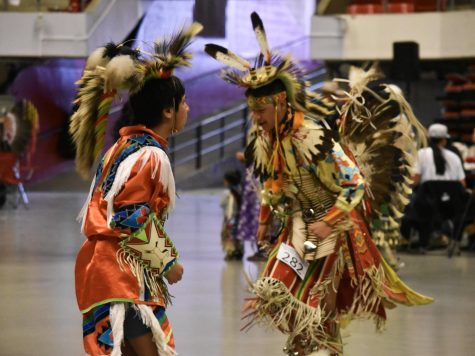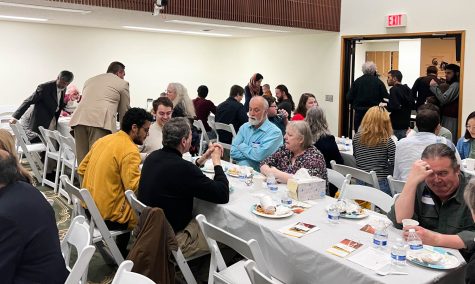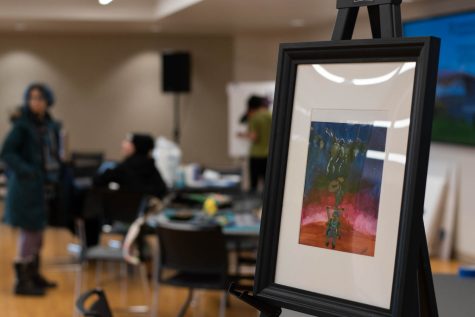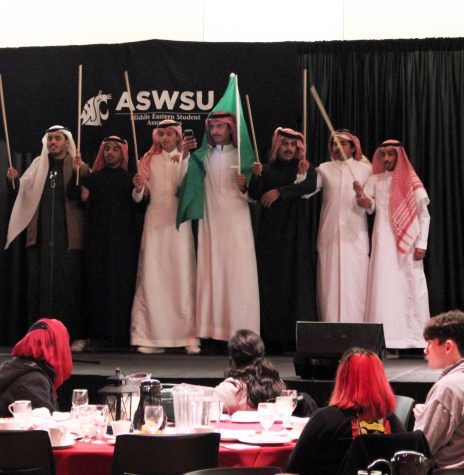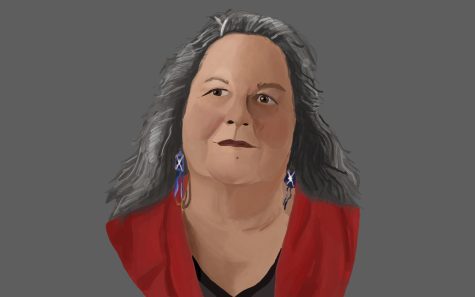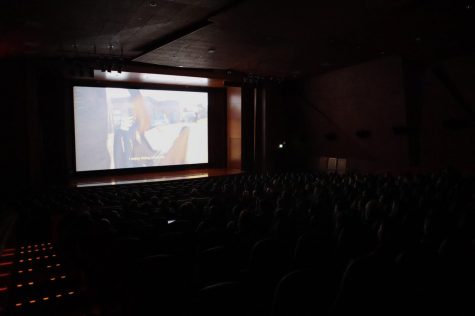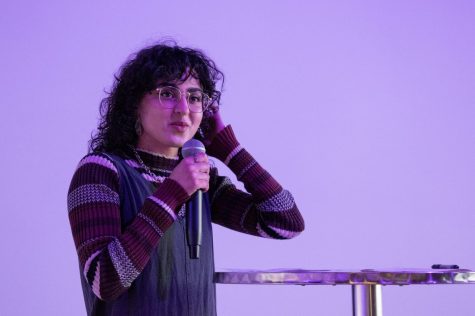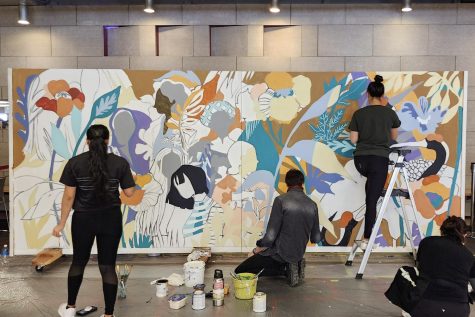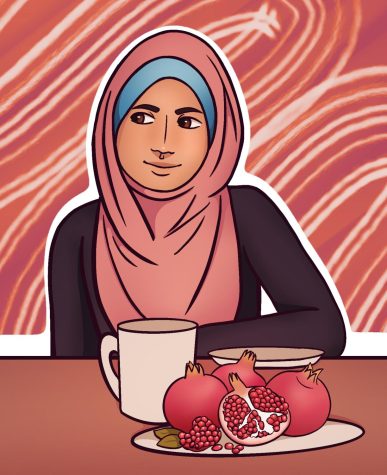Literary talk explores empathy
October 29, 2014
The word ‘colloquial’ comes from Latin roots, meaning ‘to converse.’ In modern English, the definition developed to an academic conference or seminar.
The WSU English department has taken the word ‘colloquial’ to the next step with its faculty-led lecture Colloquial Series.
The next seminar will take place at 4 p.m. today hosted by Leeann Hunter, clinical assistant professor, with her own lecture titled “Empathy in Literary Studies.”
Hunter will focus on the subject of empathy in literature through Charles Dickens’ novel “Oliver Twist.”
“He is a great example of thinking about how we learn empathy through literature,” she said.
Many undergraduate students will be familiar with the synopsis of “Oliver Twist” through 1988 Disney adaptation of the literary classic: “Oliver and Company.” Despite the basic familiarity with the story, Disney obscured the original story with its happily-ever-after ending and personified the characters by making them talking animals.
“The latest fad is that we become more empathic from reading fiction,” Hunter said. “There are a lot of debates — mostly in the psychology and social sciences doing these studies, which is great because they’re quantifying the data, and what I’m trying to look at it from a literary perspective.”
Hunter will also address that even though many read for pleasure or pursuit of knowledge, the audience uses critical thinking to these fictional characters and apply them into their own reality, she said.
“Us, as the reader we actually know more than the characters. … We are able to negotiate and immediate between the characters,” Hunter said. “We begin to see how there are gaps between our perspective from one another.”
Last spring semester, Rachel Sanchez, CLASP Writing commons coordinator, and Kate Watts, instructor in the English department, reached out to faculty in the WSU English department to put together the colloquial seminar series.
“Specifically, we asked colleagues to propose sessions for which they saw a need, something we don’t have time for in the regular 16-week semester,” Watts said.
“Certainly we hope to showcase the importance of writing within the series, but it is also a great opportunity to learn about other facets of the English department,” Sanchez said.
The first of three seminars in the series took place Oct. 8 and was on “The Shakespeare Authorship Question” by Professor Michael Delahoyde.
Watts said the goal of the series is that these seminars need to appeal not just students with an English major, but to the entire student body.
“Students from any discipline are welcome to attend the series,” Watts said. “Our goal is to share the passions and interests of our faculty with students.”
Hunter said she intends for her seminar to reach out to students who are not just interested in literature and fiction, but many other applications that empathy can be used in other fields of writing.
“The reason why I choose empathy is because it’s so applicable to business and design,” she said. “Empathy is this huge field in design magazines and business journals. To do good marketing and good business you have to empathize with your users. If there is time, I hope we can step beyond literature and enter the workshop.”
Hunter said she plans on including a workshop portion of the seminar by bringing in activities for the audience to apply the information to their own disciplines.
The Colloquial Series will pass through its finish line next week with Elijah Coleman, English instructor, with his seminar: “Preparing for Upper Division Writing: A Few Common Sense Strategies.”
Coleman said he continually finds errors in students’ writing that is elementary to successful academic writing. He said he wants to help first and second year students to make an easier transition into the higher levels and demands that 300 and 400 level courses require.
“I’ll be recommending next week that they (students) learn their documentation styles or know where to look … What your teachers prefer, they will teach you what style to use … in order to cut out the middle man and doing it yourself,” Coleman said.
The seminars will take place tomorrow with Hunter, and Nov. 5 with Coleman at 4 p.m. in the Bundy Reading Room, located in Avery Hall. The events are free and are open to all students interested.










